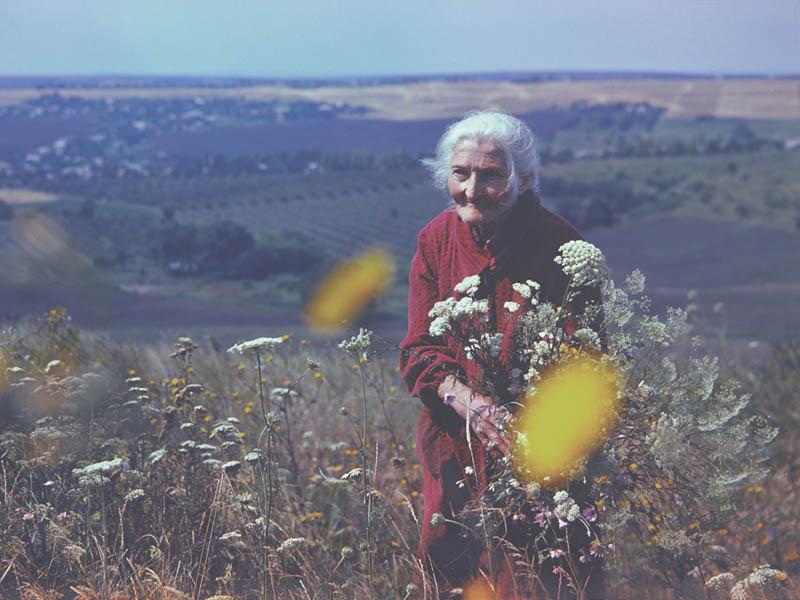The Whispering Witches of the Slavic Lands by Patricia Robin Woodru , Ph.D. edited by Kimberly Anne
In the 1980s there was a perfume commercial, “If you want to get someone’s attention, Whisper.” The fellows in the marketing department are certainly not the rst to realize the power of a whisper. In Poland and Ukraine, there are “Whispering Witches,” called sheptukhas, szeptuchy, szeptunki, or szeptuchami. The sheptukhas use the power of whisper and word to help heal people in need. Often, they also perform ritual actions in the process. Even today, the whispering witches can wind up working side-by-side with modern doctors. Medical doctors will place in their case notes that the person is also seeing a folk healer. Sometimes folks in a rural area will visit the sheptukhas before going to any modern doctor’s o ce. Other times, people call upon the sheptukhas for help and seek them out when they have exhausted all other options.
While this tradition most likely goes back to ancient times, these Whispering Witches have usually incorporated the predominant Catholic or Orthodox Christian beliefs mixing prayers and spells in equal measure. Whether one calls them a witch or a holy woman the results are the same, they heal with the power of their Divinity Since it is a strong belief that healing comes from the Divine through the sheptukha, it is traditional for them to not ask for payment for their healing services. However, those in need of the remarkable shekptukhas realize that the witches are providing a service to them; and they still offer what they can in return. Sometimes the witches are gifted with produce or livestock. If their patients give money, they leave it quietly on the table or tuck it discreetly in the witch’s apron pocket as to return the favor. These gifting actions are important to maintain the balance of energy. Sheptukhas tend to be hereditary practitioners passing along their spells to someone in the younger generation who shows magical aptitude. Many practitioners believe that once the spells are told to their apprentice, their power passes with those spells. So often, these special spells are passed only when the older witch feels their death approaching, and the wording is not shared frivolously.
Photo by “Polish Woman” by Ion Chibzii (2011) CCASA 2.0 Wikimedia Commons
Now that literacy is common, the witches might record their spells in a little book. However, some eschew this method and say the spells must be transmitted verbally. Additionally, a sheptukha may also be initiated and guided by Spirits; in which case she may learn her spells or obtain knowledge from Spirits in visions or dreams. In Poland, a charm book is referred to as a lechebnik, which comes from the word lecznie meaning to “charm” or “heal”. Often a practitioner has certain days that they feel are better to work their healing. Usually, Whispering Witches will not heal on a Sunday per the Christian command to not work on the sabbath. As many modern-day witches have learned to harness the power of the moon, so too their ancestral predecessors may choose to heal during a waning moon, so that the disease will also wane.
ff
.
ffi
fi
5



